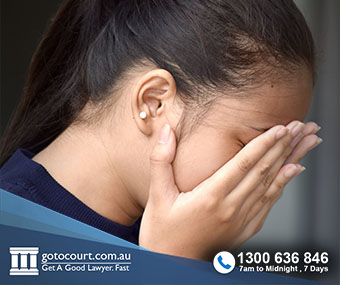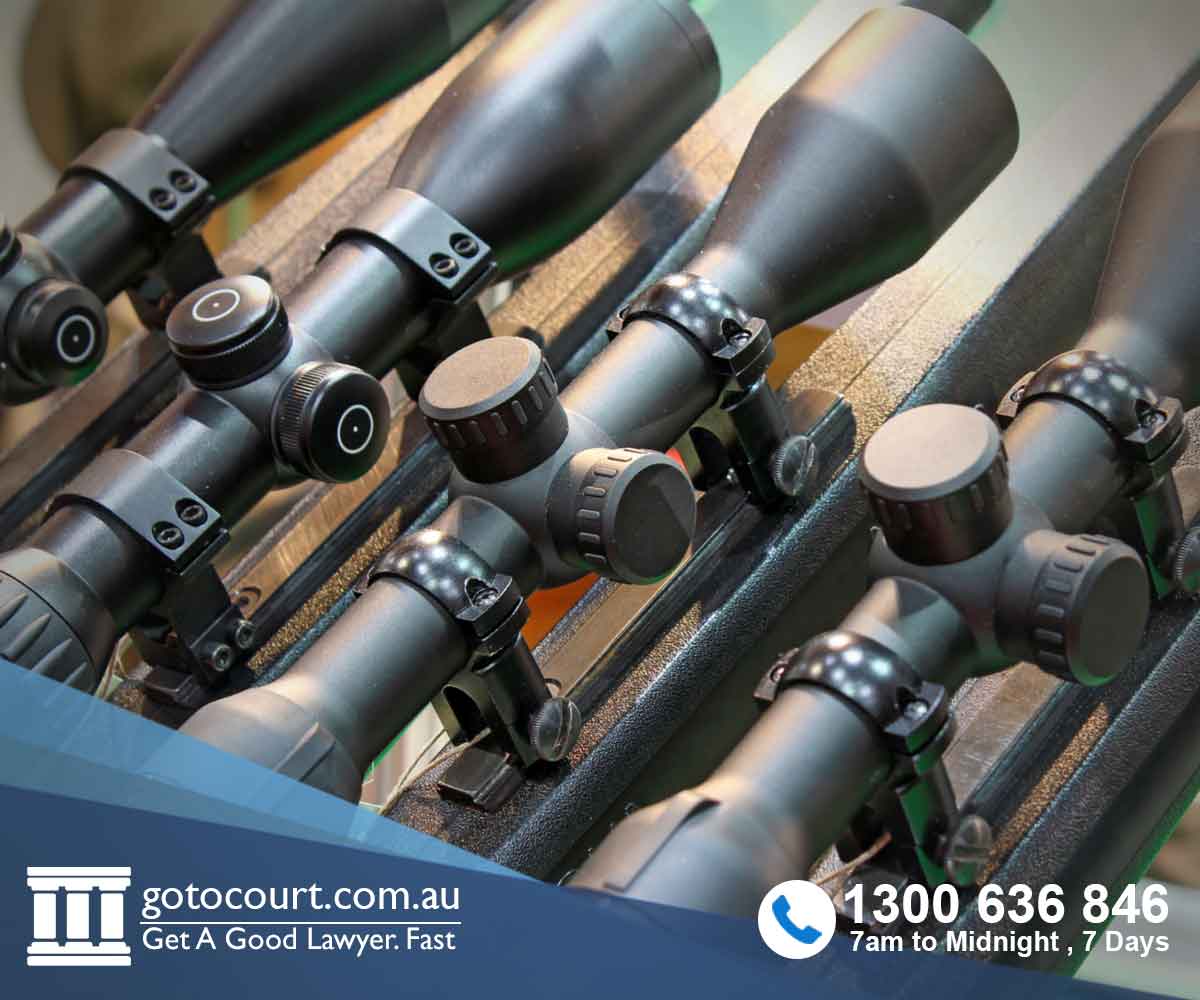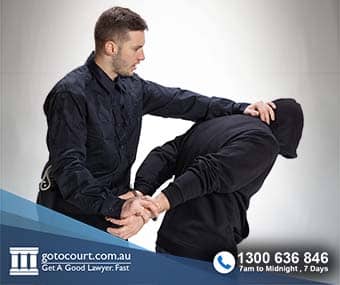Alibis (SA)
Alibis (SA)
When someone is charged with an offence in South Australia, they may contest the charge by relying on either a legal or a factual defence. Examples of legal defences are self-defence, duress and automatism. A common factual defence is an alibi. An alibi exists where an accused person was not at the scene of the crime.
What are alibis?
An accused has an alibi if they were in a particular location or area when the offence was allegedly committed and there could not have committed the offence, or- are unlikely to have committed the offence.
Burden of proof
The accused does not bear the burden of proving that they were not present at the scene of the crime. The prosecution must prove that the accused person was at the scene of the crime. In other words, the prosecution must negate the alibi.
Notice of an alibi
If a person is charged with an offence on indictment and is facing trial in the Supreme Court or in the District Court and intends to rely on an alibi, they must give notice of the particulars of their alibi to the prosecution (Criminal Procedure Act 1921, section 124).
This notice must be given to the prosecution and filed in court at the same time as the defence case statement. However, notice of an alibi does not have to be given if the evidence supporting the alibi was already heard at the committal proceeding.
Failure to give notice of an alibi
If the defence in an indictable matter raises an alibi without having given notice of an alibi to the prosecution, the court may disallow the evidence, or it may require the matter to be adjourned so that the prosecution can investigate the alibi.
If the defence calls a person to give evidence in support of their alibi and the person’s details have not been provided to the prosecution, the evidence may be disallowed. In this situation, the court will consider whether the accused was aware of the person’s details and whether they took steps ascertain the person’s details and provide them to the prosecution.
Alibis in the Magistrates Court
There is no formal requirement for the defence to provide notice of an alibi in the Magistrates Court or Youth Court. However, the defence is generally expected to do so anyway as a matter of professional courtesy and good practice.
Importance of dates
When an accused relies on an alibi, the defendant and the witnesses they call in their defence must be absolutely certain of the date and time when events occurred. Disproving an alibi also requires the prosecution to be able to establish that the offence was committed at the precise date and time specified in the charge.
While in some criminal cases, an accused person may be found guilty of an offence even if the date stated on the charge is different to the date that witnesses say the offence occurred because both parties agree about the surrounding circumstances, in a case where an alibi is being advanced, the prosecution must prove beyond a reasonable doubt that the offence was committed at the exact date and time specified on the indictment. This is a matter of fairness to the accused.
If you require legal advice or representation in any legal matter, please contact Go To Court Lawyers.

Affordable Lawyers
Our Go To Court Lawyers will assist you in all areas of law. We specialise in providing legal advice urgently – at the time when you need it most. If you need a lawyer right now, today, we can help you – no matter where you are in Australia.How It Works




1. You speak directly to a lawyer
When you call the Go To Court Legal Hotline, you will be connected directly to a lawyer, every time.

2. Get your legal situation assessed
We determine the best way forward in your legal matter, free of charge. If you want to go ahead and book a face-to-face appointment, we will connect you with a specialist in your local area.

3. We arrange everything as needed
If you want to go ahead and book a fact-to-face appointment, we will connect you with a specialist in your local area no matter where you are and even at very short notice.




















